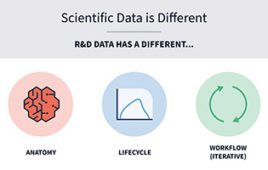Thought-Operated Computer System offers New Hyperactivity Treatment
 |
| Child using Play Attention |
A new thought-operated computer system which can reduce the symptoms of attention deficit hyperactivity disorder (ADHD) in children will be rolled out across the UK this month. Karen Pine at the University of Hertfordshire’s School of Psychology and assistant Farjana Nasrin investigated the effects of electroencephalography (EEG) biofeedback, a learning strategy that detects brain waves, on 10 children with an attention deficit from Hertfordshire schools
They used a system called Play Attention, supplied by not-for-profit community interest company, Games for Life, three times a week for 12 weeks.
The system involves the child playing a fun educational computer game while wearing a helmet similar to a bicycle helmet. The helmet picks up their brain activity in the form of EEG waves related to attention. As long as the child concentrates, they control the games. However, as soon as their attention waivers, the game stops.
The researchers found at the end of the study that the children’s impulsive behavior was reduced, compared to a control group who had not used the system.
“Children with a diagnosis of ADHD find it hard to control their impulses and inhibit inappropriate behavior,” said Pine, “This can lead to educational and behavioral difficulties. The Play Attention method may prevent long-term problems by helping the children to be less impulsive and more self-controlled.”
Pine and Rob Sharp, a senior specialist educational psychologist, are working on futuristic projects with Ian Glasscock, Managing Director of Games for Life. A means of assessing learning in children with severe communication and physical difficulties by a thought-controlled computer game method is likely to have considerable potential for these children who cannot operate a computer manually.
“Attention-related difficulties, including ADHD, affect many children, young people and adults and have a significant impact on their lives,” said Glasscock. “Mind-controlled educational computer games technology is the only intervention shown to reduce the core symptoms of ADHD. Historically, medication may have been prescribed for the child.”




